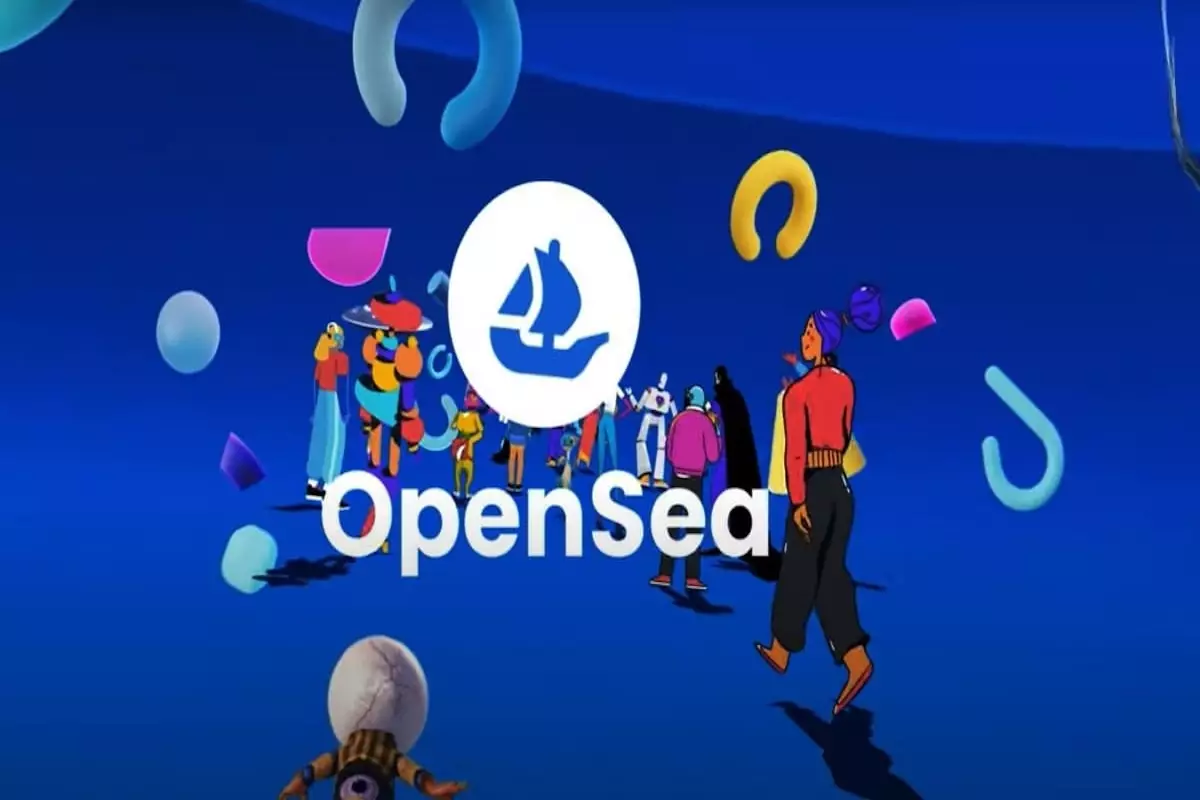The cryptocurrency landscape is ever-evolving, with the recent move by OpenSea to register in the Cayman Islands generating considerable buzz and speculation. As one of the leading NFT marketplaces globally, OpenSea’s decision to establish its presence in a jurisdiction recognized for its crypto-friendly environment suggests that significant changes could be on the horizon. This strategic choice is not merely a matter of rebranding; it could be a precursor to a much-anticipated token launch that has the potential to rejuvenate the NFT space.
OpenSea’s registration in the Cayman Islands is noteworthy for various reasons. The jurisdiction is known for its lenient regulations regarding cryptocurrency, allowing companies to innovate and experiment with digital assets without the heavy scrutiny often associated with other regions. By positioning itself in this environment, OpenSea is likely optimizing its operational capabilities to explore new avenues for growth, including the possibility of a token airdrop. This kind of development would not only boost user engagement but could also catalyze a surge in trading volume—a crucial factor for sustaining the platform’s relevance in a fiercely competitive market.
The excitement around this potential token does not come without merit. Early supporters of OpenSea, who have remained loyal during fluctuating market dynamics, are increasingly hopeful that they will be recognized and rewarded through a structured airdrop. In communities across social media platforms, discussions abound regarding how and when these tokens might manifest, indicating that user anticipation is reaching critical levels. The prospect of such a launch, if executed effectively, can foster a renewed sense of community and loyalty—two factors vital for any platform looking to retain its user base.
As OpenSea prepares to unveil its anticipated “OpenSea 2.0” update, expectations are mounting regarding the new features set to enhance user experience. Among the proposed changes is support for Bitcoin Ordinals, which broadens the platform’s appeal to a more diverse audience. Additionally, the introduction of user-friendly features like leaderboards could incentivize trading and engagement among users.
However, the success of these updates hinges on a deeper understanding of user behaviors and needs. Community feedback will undoubtedly shape how these features are finalized and rolled out. There is considerable speculation that existing users, particularly those who have shown consistent engagement, will benefit from a token airdrop based on their historical trading volumes. If OpenSea targets its long-time supporters in its reward structure, it may strike a balance between retaining loyal users and attracting newcomers eager to join a lively NFT marketplace.
Should OpenSea successfully launch a token, it may prompt a wave of similar initiatives across competing platforms, reshaping the NFT landscape. A well-executed token drop could create a domino effect, encouraging other digital asset marketplaces to consider strategies that incentivize community involvement and increase user participation. The ripple effect might lead to heightened competition, as platforms that could potentially follow in OpenSea’s footsteps would invest in unique features and user engagement tactics to carve out their niche.
The strategic decision to base operations in the Cayman Islands, coupled with the prospect of an enticing token launch, positions OpenSea as a leader ready to redefine its competitive edge. By fostering community involvement, encouraging trading activities, and leveraging the capabilities provided by a crypto-friendly jurisdiction, OpenSea aims to not only solidify its position but also resurrect the enthusiasm that once dominated the NFT space.
As we keep a close eye on OpenSea’s developments, it is clear that the coming months will be significant. With the potential for new user-focused initiatives, alongside the dramatic changes expected in the NFT space, OpenSea might be on the brink of a transformative chapter in its history.
Examples from other platforms, such as Magic Eden’s “Magic Tickets,” demonstrate how effective community rewards can energize user engagement. If OpenSea mirrors such strategies through a thoughtful token distribution plan, it may turn casual users into devoted community members while increasing overall trading volume—a dual win for the marketplace.
OpenSea’s registration in the Cayman Islands is more than just a tactical maneuver; it serves as a kickoff point for re-engaging with users and redefining success in the NFT realm. Whether through a token airdrop or other innovative incentives, a revitalized OpenSea could usher in a new era of digital collectibles that promises to be as exciting as it is rewarding. Only time will tell if this marks a significant pivot point, rejuvenating a space that has steadily awaited revival.

